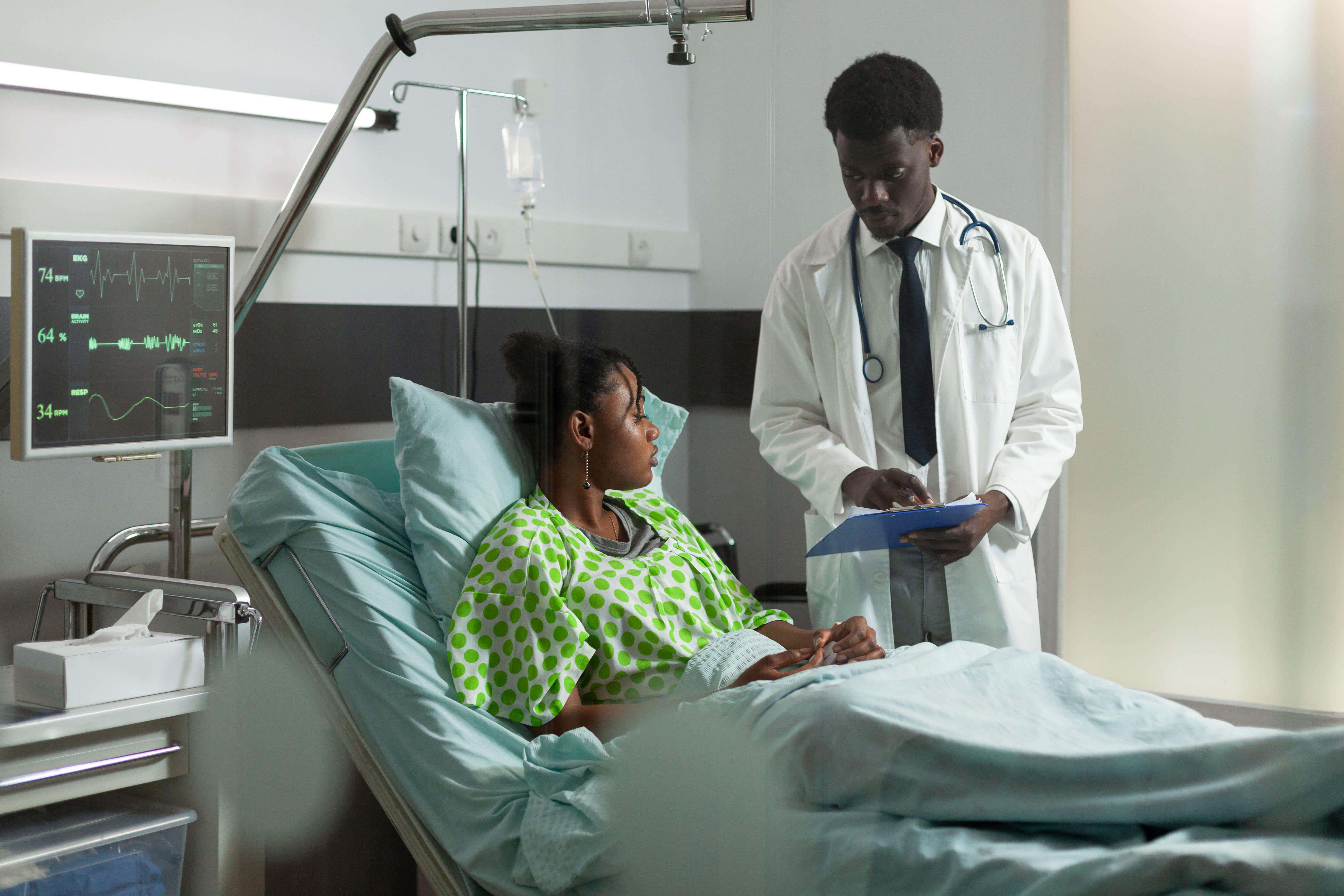Sickle Cell Awareness Month: What is sickle cell disease and how do you know if you have it?
Sickle cell disease affects thousands of people in the UK – here’s what you need to know

Your support helps us to tell the story
From reproductive rights to climate change to Big Tech, The Independent is on the ground when the story is developing. Whether it's investigating the financials of Elon Musk's pro-Trump PAC or producing our latest documentary, 'The A Word', which shines a light on the American women fighting for reproductive rights, we know how important it is to parse out the facts from the messaging.
At such a critical moment in US history, we need reporters on the ground. Your donation allows us to keep sending journalists to speak to both sides of the story.
The Independent is trusted by Americans across the entire political spectrum. And unlike many other quality news outlets, we choose not to lock Americans out of our reporting and analysis with paywalls. We believe quality journalism should be available to everyone, paid for by those who can afford it.
Your support makes all the difference.Almost 300 babies are born in the UK with sickle cells every year, according to the Sickle Cell Society, and the effects of sickle cell disease are believed to impact thousands of people.
Yet, many people may not even know what sickle cells are or what living with the condition means.
What is sickle cell disease?
In most people, red blood cells are disc shaped and move easily through the blood vessels. But if you have sickle cell disease, your red blood cells are shaped like a sickle (similar to a crescent moon). This stops them moving with ease through the body and blood flow becomes restricted.
Sickle cell disease isn’t actually one specific disease – it refers to a group of conditions affecting people with sickle cells, which range in severity. The conditions are inherited and predominantly affect people from African and Caribbean family backgrounds.
What are the symptoms of sickle cell disease?
Symptoms begin early in childhood and can sometimes be debilitating. How each individual is affected may vary, but the main symptoms are anaemia, an increased risk of infections, and pain.
This includes extremely painful episodes called ‘sickle cell crisis’, which happens when blood flow to certain parts of the body become blocked. According to the NHS, these episodes can last for days and require hospitalisation.
Other issues are associated with the condition too, including problems with the lungs, delayed growth in childhood, higher risk of stroke, leg ulcers and sight/vision problems.
How is it diagnosed?
Sickle cell disease is usually picked up during pregnancy or shortly after birth, although a blood test can be given at any time to see if someone has the condition or carries sickle cell genes.
In parts of the country, pregnant people will be offered a test to see what the chances are of their child having sickle cells. Infants can be checked for the cells through a heel prick test.
How do you treat it?
Treating sickle cell disease is usually a lifelong process to help people with pain and to stay as healthy as possible. Treatment takes place in specific sickle cell centres and those living with it are encouraged to take care of their health, no matter the severity of their symptoms.
Managing pain is a huge part of treating sickle cell disease. Staying hydrated can be helpful, as well as avoiding sudden temperature changes, like getting into a cold shower or diving into water.
According to the NHS, Hydroxycarbamide (hydroxyurea) may be recommended, which is taken as a pill once a day. This can lower the quantity of other blood cells and requires careful monitoring, however.
Some people may also be able to have a medicine called crizanlizumab, either on its own or alongside hydroxycarbamide, usually injected into a vein every four weeks.
To prevent infections, many people with sickle cell disease will take daily antibiotics.


